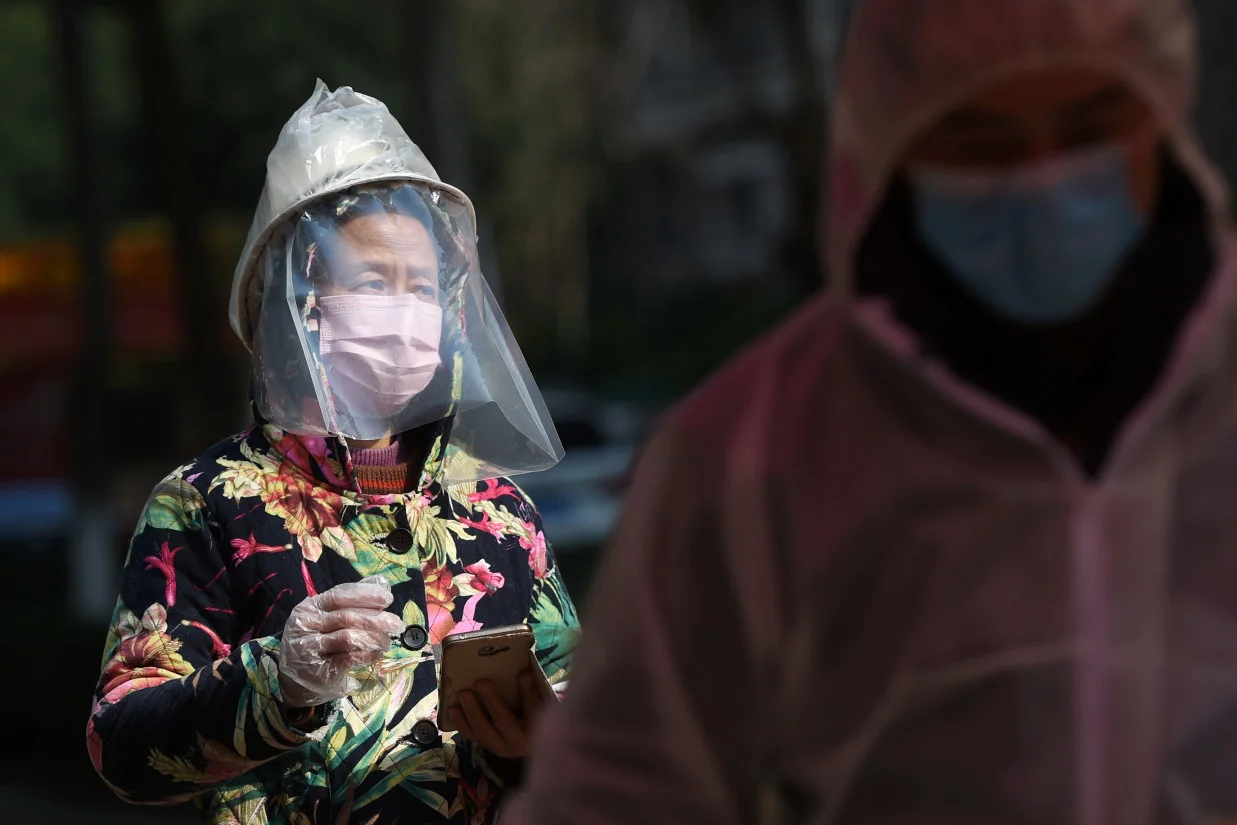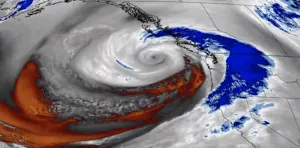
Could warmer weather help contain the coronavirus?
LONDON (Reuters) - Public health officials, businesses and financial markets are looking for signs of whether the arrival of warmer weather in the northern hemisphere might slow the spread of the new coronavirus COVID-19 epidemic. Here's what we know about seasonal features of disease outbreaks.
DO WE KNOW WHETHER THE NEW CORONAVIRUS IS "SEASONAL"?
That's what some infectious disease experts are hoping. But they cannot be sure yet because this virus has not been around long enough for scientists to collect the evidence they need.
"All we have to go on is analogies with other diseases that spread in similar ways," said Paul Hunter, an infectious disease expert at Britain's University of East Anglia.
RELATED: How Canadian weather can impact the spread of coronavirus
What specialists do know is respiratory infections like flu, coughs and the common cold can have seasonal influences that make outbreaks of them easier to predict and contain. It's also known that certain environmental conditions can boost transmission of viruses: Cold weather, humidity, and the way people behave during winter can all affect the trajectory of an epidemic.
WHAT IS IT ABOUT WINTER THAT HELPS RESPIRATORY DISEASES SPREAD?
"The reason why cold weather is presumed to cause spreading of coughs, colds and flu is that cold air causes irritation in the nasal passages and airways, which makes us more susceptible to viral infection," said Simon Clarke, an expert in cellular microbiology at Britain's University of Reading.
Winter weather also tends to see people spending more time indoors and clustering together. This increases the risk of infection.
Many respiratory infections, including COVID-19, are spread in droplets that are released when an infected person coughs or sneezes. According to disease experts, when the air is cold and dry, those droplets are more likely to float in the air for longer - travelling further and infecting more people.
IS IT A COLD OR THE FLU? SIGNS TO LOOK FOR:
SO WILL SPRING'S ARRIVAL HELP BRING COVID-19 UNDER CONTROL?
"It's entirely possible that we might get a spring-time lull," said Clarke. "It's unlikely to make things worse, but we don't know for sure - it's an educated guess."
Hunter echoes that, saying he thinks it's likely "that the disease will decline substantially during the summer months in the northern hemisphere".
"Whether it comes back again is a moot question," he added. "It would not surprise me if it largely disappeared in summer only to reappear again in the winter."
ADD THIS TO YOUR AIR AND CUT YOUR CHANCES OF CATCHING A VIRUS:
(Reporting by Kate Kelland; editing by Nick Macfie)









